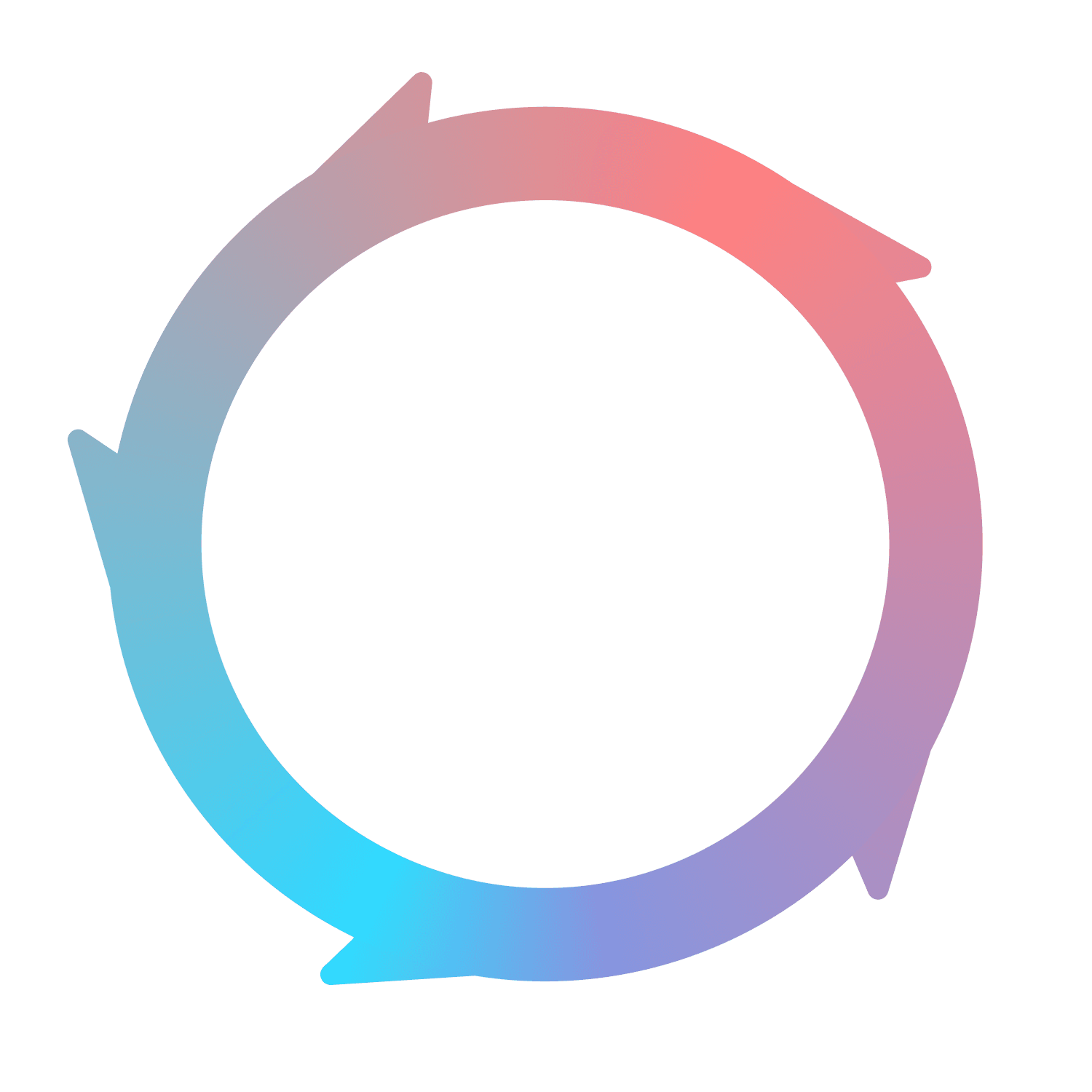Deep dive: Flywheel vs Mixpanel
Flywheel and Mixpanel are both platforms that help companies analyze user behavior and surface insights.
Mixpanel is heavily focused on product managers and engineers, helping companies iterate on and test features more quickly. Companies looking to dive incredibly deep into product analytics will find Mixpanel to be one of the best options.
In comparison, Flywheel is an all-in-one growth platform for go-to-market teams. It unites product and marketing analytics with website personalization, user engagement, and session replays. This helps companies grow more quickly by converting users with personalized experiences.
How is Flywheel different from Mixpanel?
It's an all-in-one platform
While Mixpanel specializes in product analytics, it does not offer account-level analytics or session replays. Additionally, there is no ability to "take action" from Mixpanel. In comparison, Flywheel offers website personalization and user engagement functionality for teams. This helps companies go beyond insights and towards real user impact.
Built for go-to-market teams
Flywheel combines multiple product categories in unique ways for each team, all focused on a no-code approach to modern GTM. For example, Product teams leverage product analytics and session replay to understand user behavior, while Customer Success teams use account scoring and auto-detection of Champions and Power Users. Marketing teams use website personalization backed by marketing analytics, and so on.
Designed for immediate value
Whether it's auto-tracking events via Flywheel.js, instant asset creation, or segmenting users intelligently, Flywheel does almost all of the work for you. All you need to do is choose marketing goals, decide which features to monitor, and create user experiences you think will move the needle.
Flywheel vs Mixpanel: feature comparison
Features
Flywheel
Mixpanel
Flywheel strengths
Flywheel's session replays offer a unique opportunity to retrace a visitor's interaction with your platform, providing a comprehensive understanding of their behaviors. This feature has gained significant popularity among our users as it not only visually supplements the data we provide but also offers a 360-degree perspective of your platform's usage.
Goals are predefined events that represent the desired outcome following an interaction with an Asset. They underscore Flywheel's principle that each Asset should serve a clear purpose, emphasizing the importance of determining the intended goal of your content before its creation. Having a well-defined goal ensures that our users’ content fulfills its intended purpose, enabling them to make necessary adjustments to their GTM strategy.
In Flywheel, Milestones represent important events within your website, product, or marketing efforts that signal progress towards increased software adoption or sales. These milestones can be chosen from the various events and page views tracked by Flywheel. Our users find the Milestones feature valuable as it enables them to pinpoint and celebrate crucial moments of user engagement or conversion, providing essential insights into the effectiveness of their marketing and product strategies.
Engagements, one of Flywheel's upcoming releases, is set to change the pace of user interactions on the platform. This exciting feature will allow users to seamlessly post banner messages directly onto their platforms, facilitating more engagement with their own user base.
Mixpanel's strengths
Mixpanel's Templates provide an easy way to access important insights as soon as data is available. These templates create customizable Boards that guide users through different sections to understand their user base and track metrics like adoption, retention, and product impact. The Boards enable monitoring of essential metrics such as adoption, retention, virality, and product impact.
Mixpanel's Experiments report assesses the impact of different A/B test versions on your metrics, providing insights into the differences between the groups and their effects on chosen events. The feature requires an A/B test and its variation, along with a dashboard containing the relevant metrics. By calculating the difference and lift between the two versions, the experiment query determines their effects on the dashboard metrics.
Mixpanel's Dashboards allows you to add your preferred reports to the dashboard and create multiple dashboards for different teams.This way you can share insights to a certain team by simply copying the link to the dashboard. You can also click on any chart to go directly to the report for more details.
Flywheel vs Mixpanel: Pricing
Mixpanel offers a Freemium pricing model that hinges on monthly events. The Free version permits up to 20M monthly events, providing access to all fundamental platform features. Opting for the Basic plan, up to 100M events, unlocks Group Analytics & Data Pipelines add-ons, crucial for B2B platforms, starting at $20/month. Further plans, starting at $833/month, cater to up to 1T events, offering shared data views for collaborative work.
Flywheel's pricing is based on the number of monthly active contacts (MACs). The free entry-level plan supports up to 1,000 users, granting access to essential PLG data. For products exceeding 1,000 MAUs and requiring more advanced capabilities, such as 10 milestones, 10 segments, and 10 goals, the cost is $200/month. If you need unlimited analysis of milestones, segments, and goals, along with additional growth-focused features, the price starts at $500/month.





